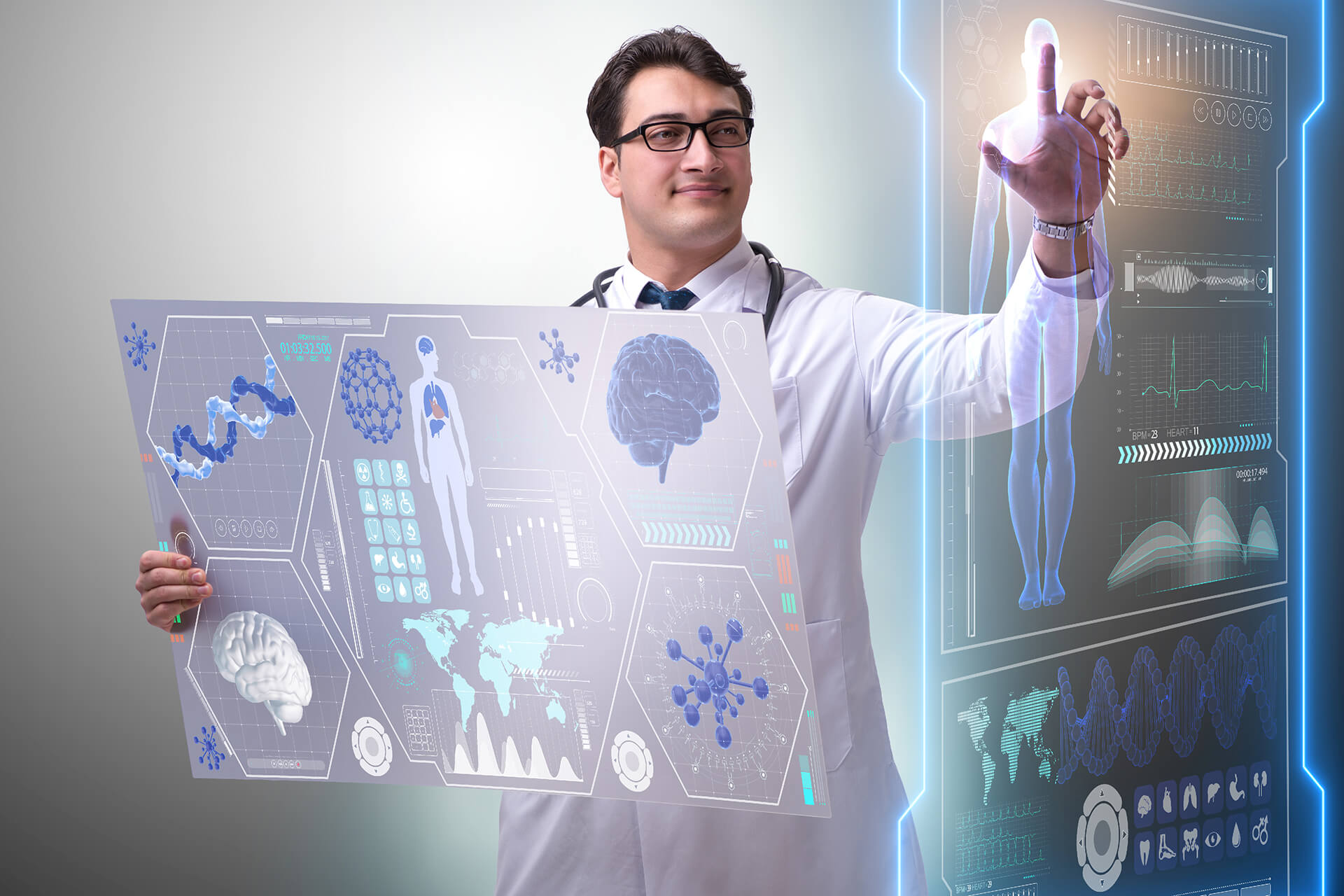AI has already made significant strides in automating everyday tasks, enhancing efficiency, and revolutionizing safety-critical practices in various industries. From optimizing traffic flow to detecting fraud in banking, AI is quietly reshaping our daily experiences. Notably, it has been instrumental in advancing scientific research, contributing to breakthroughs in medicine and technologies addressing climate change.
The potential of AI goes beyond its current applications, with the capability to rival the impact of electricity or the internet. Recognized as one of the five critical technologies in the UK Science and Technology Framework, AI is expected to drive substantial growth, create jobs, and transform our society and economy. As AI continues to evolve and gain power, its applications will expand, supporting workforce efficiency, workplace safety, and fostering innovation.
The emergence of technologies like large language models (LLMs) exemplifies the ongoing transformative developments. LLMs, in particular, offer significant opportunities to automate coding, aid genetic medicine research, and assist in summarizing lengthy documents. Over the past four years, LLMs have exceeded expectations, proving applicable to an increasingly diverse array of tasks. The text encourages the creation of a regulatory environment that fosters innovation to ensure global leadership in AI and attract high-skilled talent.
If you want to delve deeper into the development of large language models and other foundational AI models, For more information refer to this link


